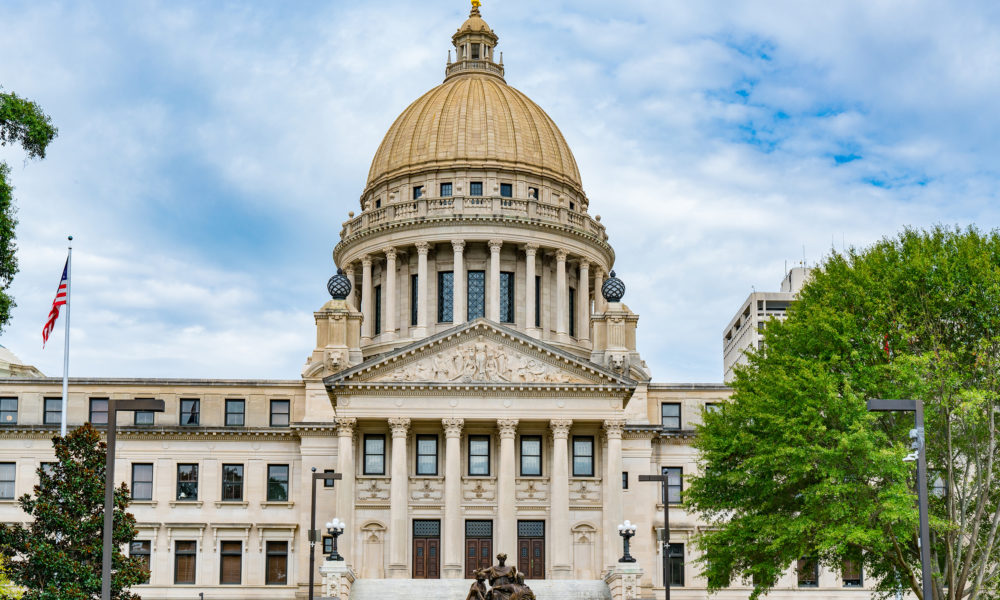Committee
Education
Author
Rob Robertson
Session
2022 Session
House Bill 795 would create two pilot programs to expand virtual learning opportunities in Mississippi: the Digital Learning in the Classroom Pilot Program and the Virtual Public School Pilot Program. Both pilot programs are explicitly intended to promote “equal access to education” and prevent children from being “deprived access to a licensed teacher,” though specifically in a way that would prioritize the use of “evolving technology” over any other intervention or policy change.
HB 795 presents these pilot programs as a step towards fulfilling the intent of the Legislature when it created the Mississippi Virtual Public School (MVPS) Program in 2006. According to HB 795, the intent of MVPS was to “create a full-time virtual option that students from across the state could access.” However, despite being on the books for 16 years, enrollment in MVPS was always limited to just a small number of students who could only take up to two courses per school year. Today, the program appears entirely defunct. Though the Mississippi Online Course Approval (MOCA) process remains active, it does not amount to a “full-time virtual school that any student may enroll in from across the state.”
HB 795 lists a number of “value propositions” that encourage MDE to work towards fulfilling the original intent of MVPS, though this language appears to fall short of requiring MDE to take specific action. HB 795 would, however, require MDE to establish the two pilot programs:
Digital Learning in the Classroom Pilot Program
The Digital Learning in the Classroom Pilot Program would take place during the 2022-2023 school year in 2-5 school districts that lack licensed teachers in certain grade levels or subject areas. The pilot program would entail MDE working with these districts to establish a “comprehensive digital learning strategy to fill identified gaps.” This would include conducting a needs assessment, with an eye towards how digital learning tools and digital learning providers may address these gaps. At the close of the pilot program during the 2022-2023 school year, MDE would be required to “work to improve, scale and implement the program in other school districts” and make recommendations to the Legislature regarding scaling the program.
Virtual Public School Pilot Program
The Virtual Public School Pilot Program would allow up to 3 districts to each voluntarily establish and sponsor a “pilot virtual public school,” which HB 795 defines as a “full-time public school” that delivers virtual synchronous and asynchronous instruction. Any sponsoring district would have up to 18 months to establish the virtual public school, and would be required to provide participating students with access to the necessary technology. The sponsoring district would be responsible for developing enrollment policies.
Existing requirements for the Mississippi Virtual Public School would be extended to the pilot virtual public school: teachers must be licensure qualifications, and participation must be available to any student meeting state residency requirements (meaning they would likely have to accept students from outside the district). HB 795 stipulates that enrollment would be free of charge, though, once appropriations and budgeted funds are expended, “the costs of the online courses may be the responsibility of the students’ parents or guardians.”
On January 31, HB 795 passed the House Education Committee. It is now awaiting action on the House floor.
Updates
2/10/22 Update:
The House declined to take further action on HB 796 by the deadline. The bill is now dead.

